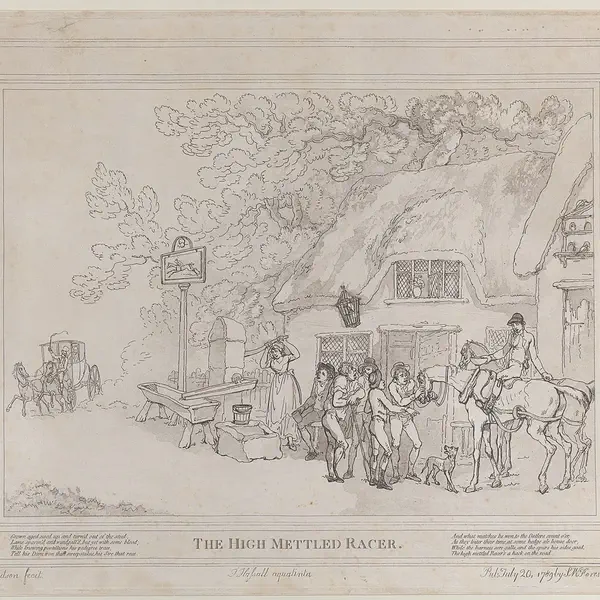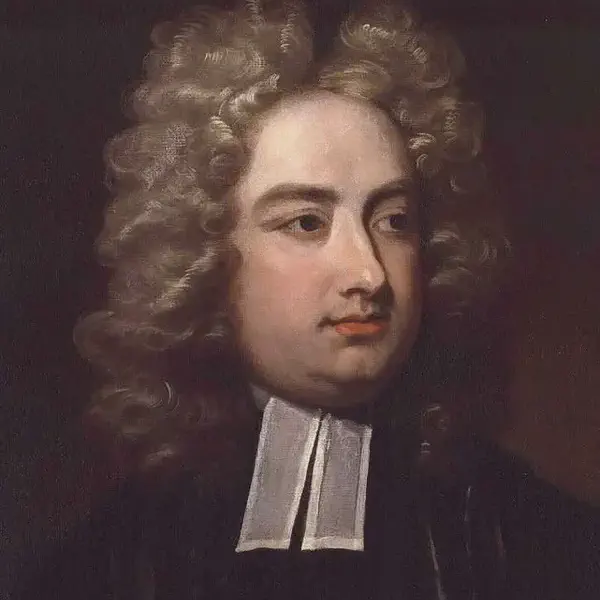

Act for encouraging the linen manufacture of Ireland
An Act for Encouraging the Linen Manufacture of Ireland is passed — Irish linen gains duty-free access to the British market on this date. This legislation marked a significant turning point for Ireland’s textile industry, especially the linen sector, which had long struggled under restrictive trade policies. By granting Irish linen producers duty-free access to the lucrative British market, the Act aimed to stimulate economic development in Ireland and promote local manufacturing. The move was welcomed by both Irish landlords and industrialists, particularly in Ulster, where the linen trade became a central pillar of the region’s economy. It also helped reduce Ireland’s economic dependence on agriculture and contributed to the rise of a Protestant merchant class closely tied to industrial expansion.
ireland

The Guild of Brewers and Maltsters is founded in Dublin
The Guilds of the City of Dublin were associations of trade and craft practitioners, with regulatory, mutual benefit and shared religious purposes. In their eventual number they were sometimes called the “25 minor corporations”, in contrast to the city’s principal authority, the Dublin Corporation). They operated in various forms from near the time of the Norman invasion of Ireland - the Merchants’ Guild existed in some form by 1192 - until the mid-19th century, and a few of which have descendent operations to the present day.
ireland



The Scottish Parliament established a General Post Office.
The establishment of a General Post Office by the Scottish Parliament took place in 1695, during the reign of William II of Scotland (William III of England). This was a significant development in the history of communications in Scotland, marking the formal creation of a national postal service that would facilitate the efficient delivery of letters and parcels across the country.
ireland

Scottish East India Company organized.
Scottish East India Company organized to break English monopoly on East Asian trade. In 1695, an act was passed in the Scottish Parliament establishing The Company of Scotland Trading to Africa and the Indies and was given the Royal assent by the Scottish representative of King William the II of Scotland (and III of England). This act gave the company a 31 year monopoly on trade with Africa and Asia, authorised it to arm and equip ships and to establish colonies in uninhabited or unclaimed areas of America, Asia or Africa. These powers were similar to those of the English East India Company, which opposed the establishment of a Scottish rival.
ireland

Jonathan Swift becomes Dean of St Patricks Cathedral, Dublin
Jonathan Swift becomes Dean of St Patricks Cathedral, Dublin Jonathan Swift, the renowned author of works such as “Gulliver’s Travels” and “A Modest Proposal,” became the Dean of St. Patrick’s Cathedral in Dublin in 1713. His appointment to this prestigious position had a significant impact on both his literary and ecclesiastical career.
ireland